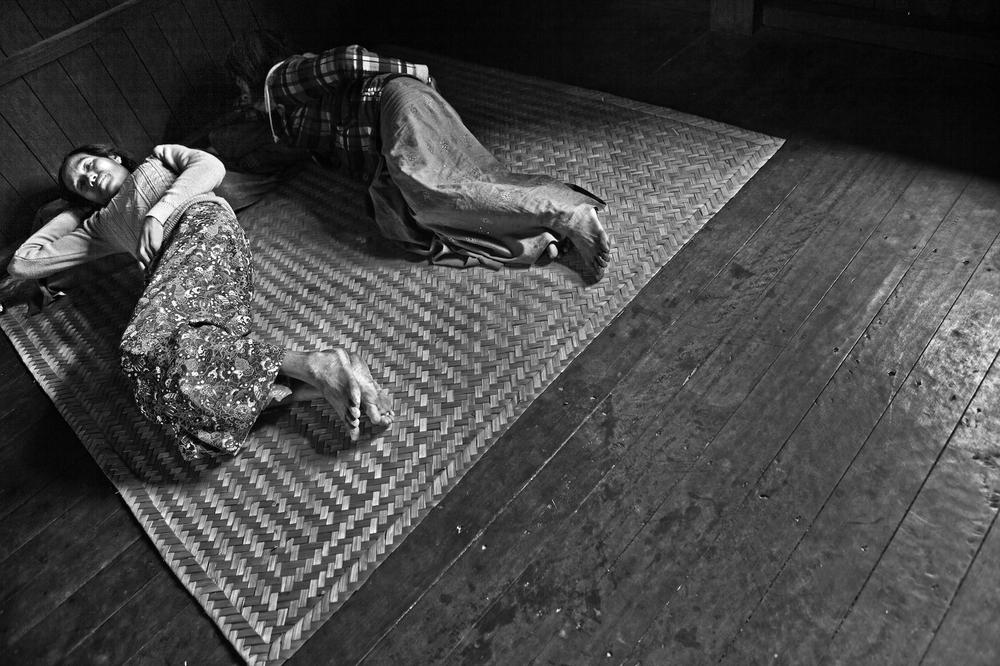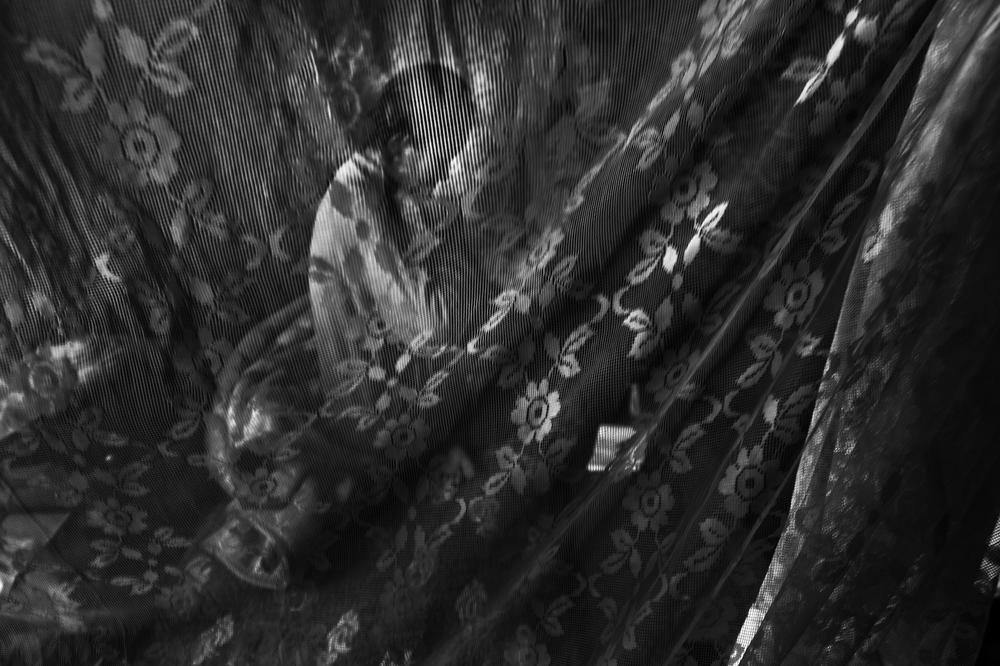By Bijoyeta Das
A doddering healthcare system pushes many from Myanmar to cross the Indian border into the town Moreh in the northeastern state of Manipur, to seek testing and treatment. Most patients suffer from drug-resistant tuberculosis (TB) and are HIV positive.
"There is no health system, it is broken. And private care is low quality and very expensive," Lei Than, who traveled for three days to reach the Indian border, told Al Jazeera.
Most patients cross the border to visit the Médecins sans Frontières (MSF) clinic which is right on the border, take their medication and return the same day.
There are a number of transitional shelter homes in Myanmarese town of Tamu, where patients stay at night before crossing the border at 7am local time. The drug-resistant TB patients stay six months to two years on the Indian side to complete the arduous treatment, which includes very strong drugs and many side effects.
"We hear that some of our patients from Myanmar travel from quite far to access the clinic, as they mention that they have difficulties finding testing and treatment facilities closer by," said Akke Boere, director of MSF India.
Some travel for four to five hours to Manipur's Churachandpur district, where pastor Rama runs Happiness Home shelter. About 100 Myanmarese patients, including children, are currently staying there as they seek treatment. Some children are stranded after their parents or relatives died during the treatment.
"This is a humanitarian crisis," the pastor says.
Sometimes Indians cross the border into Myanmar to seek treatment in Tamu, as there is no blood transfusion available in the town of Moreh. Pregnant Manipuri women say they would rather deliver babies at the hospital in Tamu than travel five hours to Imphal, the capital of the Indian state.

A Myanmarese patient receiving treatment from Médecins sans Frontières in Moreh for multi-drug resistant tuberculosis.









Source: Al Jazeera







0 comments:
Post a Comment